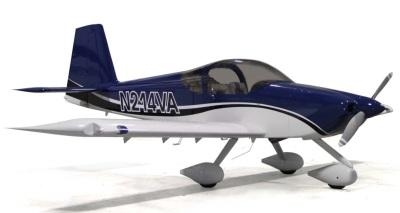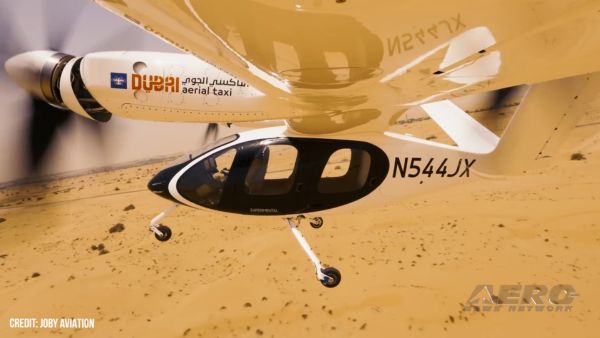Mon, Jan 04, 2016
Building Your Own Airplane And Then Learning To Fly It Can Be Done, But There Are Roadblocks
Building your own airplane and then learning how to fly in it has been done, but there are a lot of considerations. The concept seems simple enough but there are hurdles in your path. However, no regulation actually prevents it.

Preflight planning is important before every flight, but building your own airplane and receiving your pilot certificate in it requires the ultimate planning. First and foremost, choose an aircraft to build that has handling characteristics conducive to primary training. Second, and almost equally important, is to plan ahead on who would instruct you in the aircraft. The flight instructor needs to be involved early in choosing the airplane.
Depending on the pilot certificate you are seeking, training regulations and the practical test standards specify certain required aircraft equipment. If you’re going for sport pilot certificate, meeting the equipment requirements is pretty easy to do. But if you are headed for a private pilot certificate, much more equipment is required for training and testing than is required for a sport pilot.
The big catch comes in the test flying phase of your experimental airplane. Phase 1 flight testing could involve as many as 40 hours of flying that include area restrictions. This test flying must be performed by a certificated pilot and, for the most part, only one person may be involved in the phase 1 testing. While recent changes do allow a 2nd pilot during flight testing under certain circumstances, those changes do not allow primary flight training during phase 1 flight testing.
This means that someone other than the non-pilot builder will have to do the flight testing. This is obviously an important part of planning prior to starting the build process.
Once the aircraft phase 1 testing is complete and an endorsement is made in the logbook, training in the aircraft is legal. It is also legal for the flight instructor to charge for that training. There are rules that prevent an experimental airplane from being used commercially for training, but those rules do not prevent a flight instructor from charging a fee for training as long as there is no fee for the use of an experimental airplane.
Building your own airplane and receiving your pilot certificate in it is not prevented by regulations, but it’s a challenging endeavor.
(Image from file)
More News
Airplane Bounced About 3 Ft Then Touched Back Down And Then, With No Brakes Applied, The Airplane Began Veering To The Left Analysis: The pilot entered the airport traffic pattern >[...]
Aero Linx: British Microlight Aircraft Association (BMAA) The primary focus within all aviation activity is SAFETY. In all aspects of our sport SAFETY must come first, whether it b>[...]
From SnF25 (YouTube Edition): William Wynne Builds Practical Aircraft Engines on the Corvair Platform Seeking an affordable alternative to the traditional aircraft engine options, >[...]
How To Get A Story On Aero-TV News/Feature Programming How do I submit a story idea or lead to Aero-TV? If you would like to submit a story idea or lead, please contact Jim Campbel>[...]
From 2023 (YouTube Edition): Bridge of CiES CiES Inc. is a Bend, Oregon-based designer and manufacturer of modular embedded aircraft systems and sensors. The company’s fuel-l>[...]
 NTSB Final Report: Aviat A1
NTSB Final Report: Aviat A1 ANN's Daily Aero-Linx (07.08.25)
ANN's Daily Aero-Linx (07.08.25) Classic Aero-TV: Fly Corvairs Reliable Engine Alternative
Classic Aero-TV: Fly Corvairs Reliable Engine Alternative ANN FAQ: Contributing To Aero-TV
ANN FAQ: Contributing To Aero-TV Classic Aero-TV: CiES Fuel-Quantity and e-Throttle Systems Praised
Classic Aero-TV: CiES Fuel-Quantity and e-Throttle Systems Praised



